If you’re moving to a new city, upgrading to a bigger home, or navigating a life change, you may be wondering what to do with your current house. Should you sell it and use the proceeds for your next place, or rent it out and turn it into a long-term investment?
In this Redfin article, we’ll outline what to contemplate to help you decide whether you should sell or rent your house. Whether you’re buying a new home in Raleigh, NC, or a condo in Sacramento, CA, here’s what to know when deciding between renting vs selling your house.
Key takeaways
- Selling your house may be the right option if you need the proceeds to purchase your next home or you plan to move permanently.
- Renting out your house may be the right option if you’re planning to live in your home again, have a low mortgage rate, or are looking for more income.
- Your local housing and rental markets, and your financial situation, are major factors in your decision.
Key questions to ask when deciding to rent or sell your home
If you’re considering renting vs selling your home, here are some questions that can help you get started.
1. What are the rental prices in the area? In some locations, rental prices can easily cover your mortgage payments. Depending on how much your monthly mortgage payments are, the rental income from your old house may cover them. You’ll also need to factor in homeowners insurance and the property taxes you pay, among other costs.
2. Do you need equity from your current home? If you’re planning to buy a new home, you may need the money from the sale of your old one to place a down payment on your new house. If you’re able to afford the down payment on your new home without selling your current one, then renting out your old one makes sense.
3. What is the market like in your area? The housing market isn’t consistent across the country, and even different parts of larger metro areas can differ. If the current market is slow and you think you can sell your home for a higher price in a few years, then it may make sense to rent the house until housing prices rise again. However, if it’s a seller’s market and you can get the maximum selling price for your home, then selling it may be the better option.
4. Will you live in the house again? Having a good tenant to live in the house can ensure that your home stays in good condition instead of sitting empty. You’ll also have income from the rental property and building equity in the old home and your new one.
5. Does your house have the potential to be a good income property? Your home’s location and condition are big factors in whether you’ll have steady tenants. Consider whether it’s up-to-date, near public transit, and if there are other rental properties in your area.
What is costs to rent out your home
Renting your home can generate income, but it comes with ongoing responsibilities and expenses:
- Maintenance and repairs: Landlords have to fix things like broken pipes, defunct HVAC systems, and structural damage, among other essential repairs. If you don’t have a few thousand dollars on hand to take care of these repairs, you could end up in a bind.
- Mortgage payments and HOA fees: If you have a mortgage or HOA fees, you’ll still need to pay these each month. It’s up to you to decide if your renters will pay the HOA fees.
- Landlord insurance: Your regular homeowners insurance doesn’t cover rental situations. You’ll need a landlord insurance policy, which typically costs more. It offers protection for rental-specific risks, like property damage. Your tenants should also carry renters insurance to protect their personal belongings.
- Finding tenants and potential vacancies: Finding the right tenant can take time and money, from advertising to conducting background and credit checks. As a result, potential vacancies may lead you to pay your mortgage for weeks or months without any additional rental income.
- Property management (optional): Hiring a property manager can help reallocate some of the day-to-day responsibilities, but it comes with a cost. Most companies charge a percentage of your monthly rent in exchange for communicating with tenants, arranging maintenance, and collecting rent.
What is costs to sell your home
- Commission and closing costs: Often, these are the largest costs of selling a home, with real estate commissions ranging from 3 to 6% of the sale price. You can also expect to pay closing costs ranging from 1 to 3% of the sale price.
- Home repairs: It’s likely you’ll need to make upgrades or repairs to your home so it can stand out to buyers. This can be anything from refinishing floors to fixing a leaky faucet.
- Staging and photography: Having professional staging and photography helps your home attract buyers and stand out against the competition. These cost extra, but may lead to a higher sale price.
- Seller concessions: Sometimes buyers negotiate for seller concessions, which can include buyers’ loan fees, home repairs, or home warranties. These concessions can add to your total cost of selling.
>>Read: How Much Does it Cost to Sell a House?
Reasons to consider renting out your home
1. You’re moving temporarily and plan to return to the area someday.
2. You want additional income, and it fits into your financial plan and long-term goals.
3. The rental market in your area is good, and your home is located in a central area with amenities that stand out.
4. You expect home values to rise in the area, so it makes sense to hold on to your property and sell it later for more.
Reasons to consider selling your home
1. You’re moving out of the area or to another state. It’s likely you’ll need a property manager to take care of things since you don’t live in the city anymore.
2. You need income to pay for your next home, and selling your current home will give you the cash to finance a down payment.
3. There’s potential for a higher profit now, and waiting may not be beneficial.
4. Becoming a landlord will take up too many resources, between the day-to-day responsibilities and learning the laws that protect tenants.
Is rent-to-own a good alternative?
Another option when deciding whether to sell or rent your house is to have a rent-to-own agreement. In these situations, the tenant will place a down payment on the house and make lease payments to you for a specified period. After the lease is up, the tenant has the option to purchase the home. During the time they’re making lease payments, a portion of those payments will go toward the final price of the house.
Rent-to-own may work for you if the housing market in your area is stagnant. It allows you to cover the mortgage without turning your home into a rental property indefinitely. Rent-to-own can be beneficial for tenants, too, as it allows them to improve their financial situation to obtain a mortgage at the end of the lease.
Should you rent or sell your home?
Ultimately, deciding whether to sell your house or rent it depends on the housing market, your short and long-term goals, and the home’s desirability. If your home has great features, you have the time to be a landlord, and you’ll be able to cover mortgage costs, then renting may be the right option. If the housing market is in your favor, you plan to move out of the area, or you need the sale proceeds to cover your next down payment, then selling may be the right option.

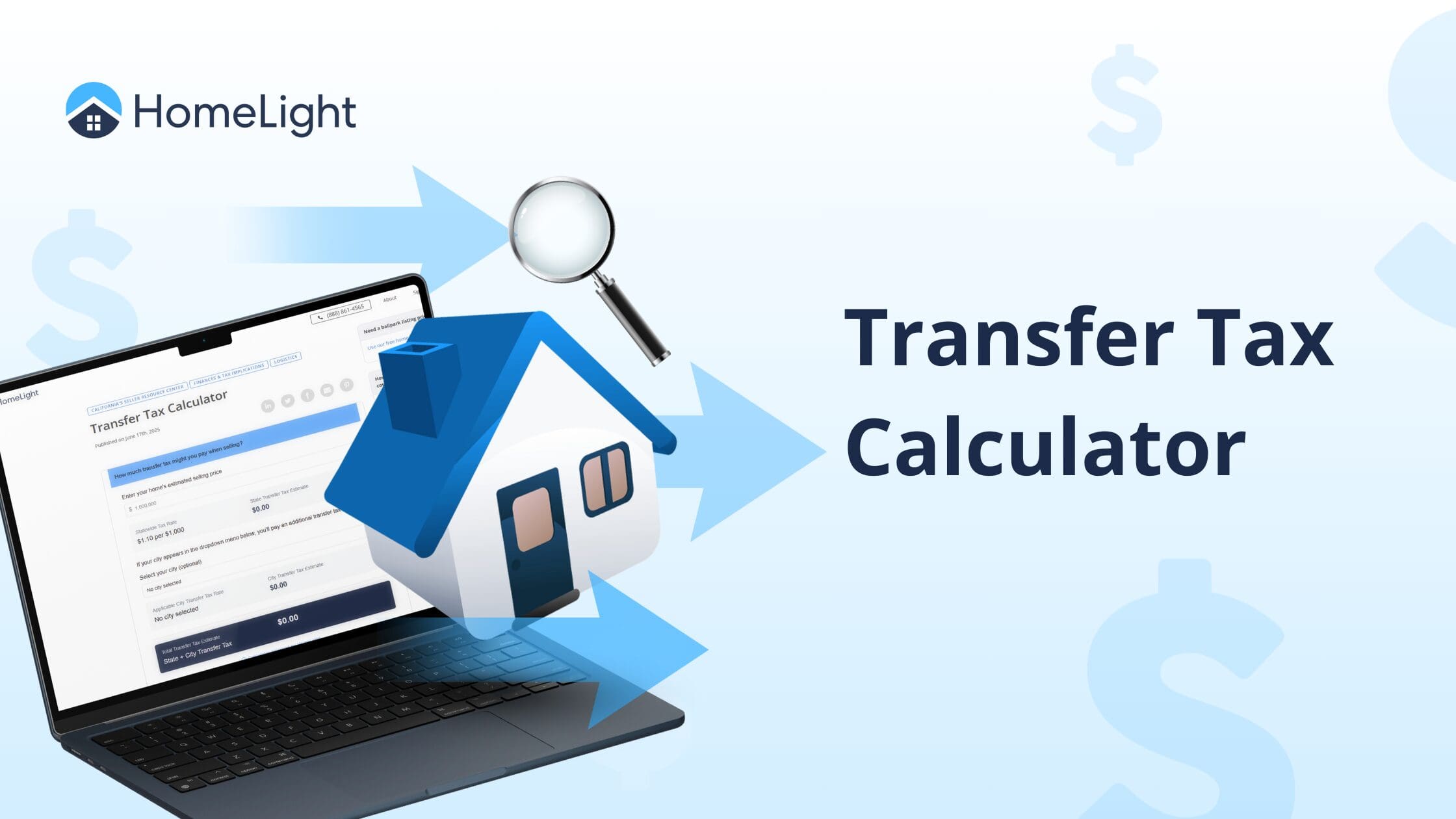





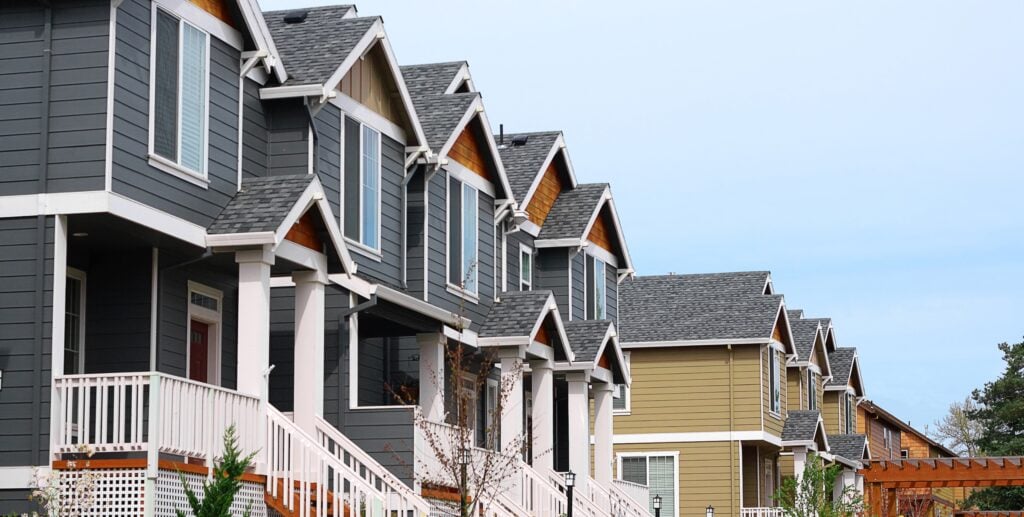

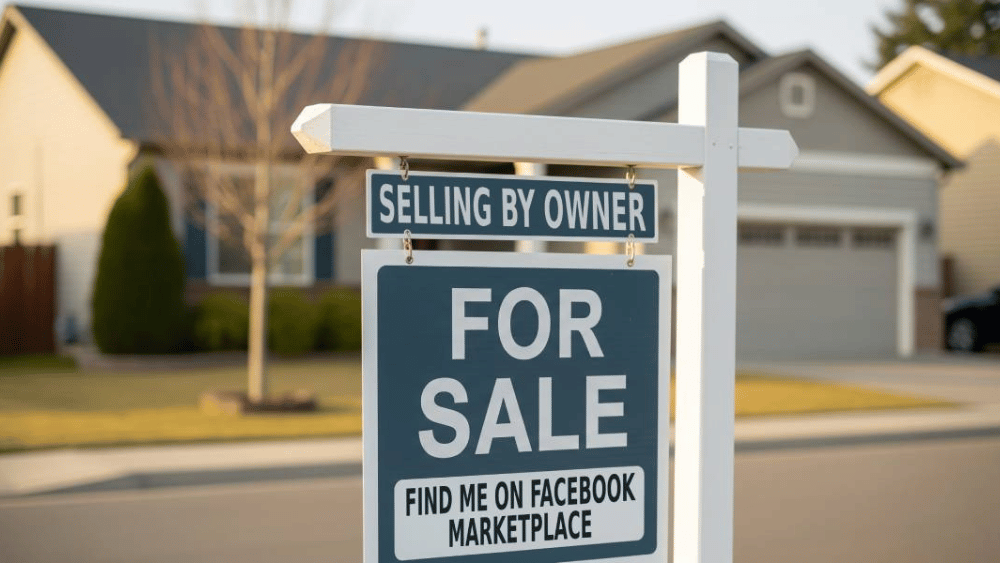





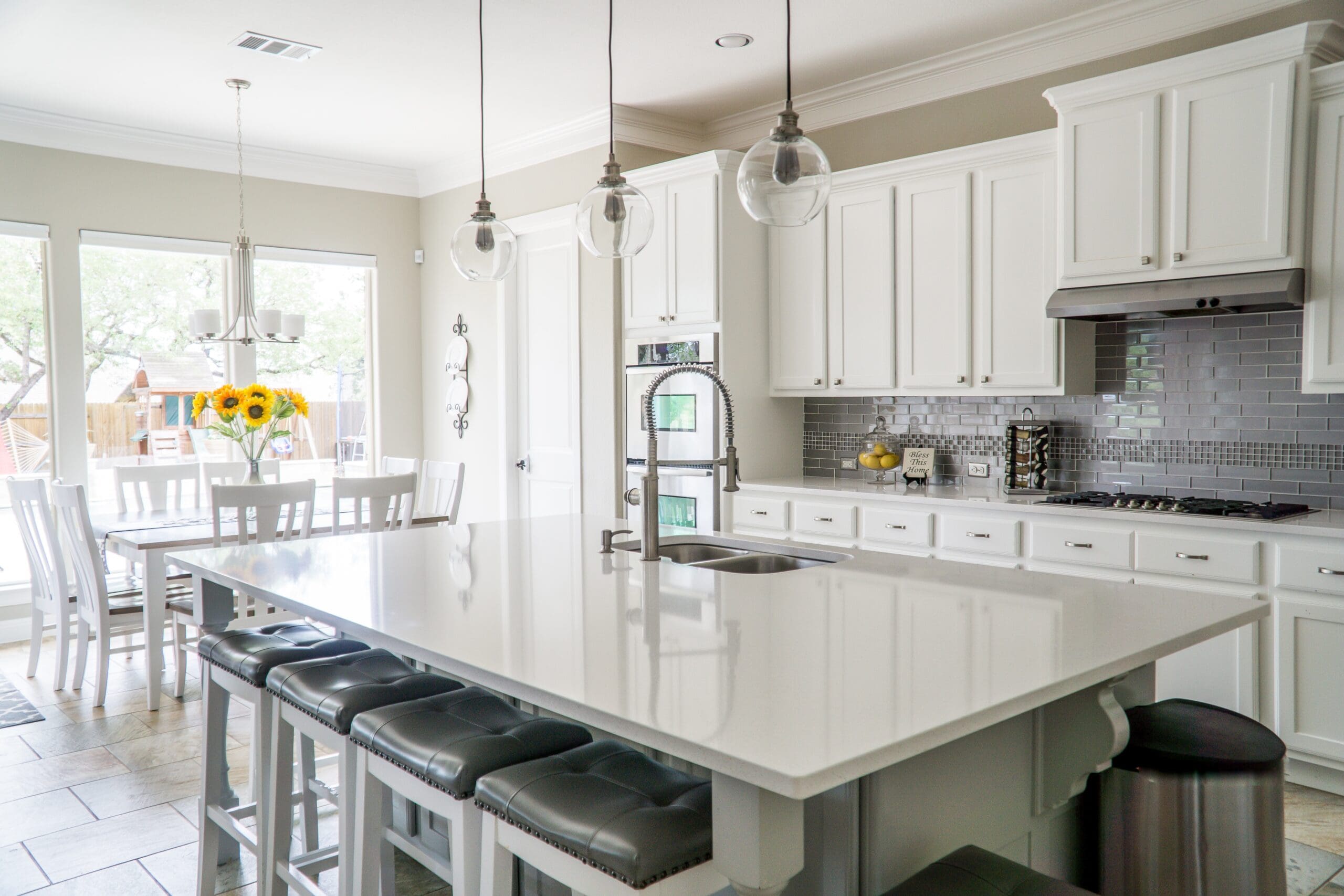


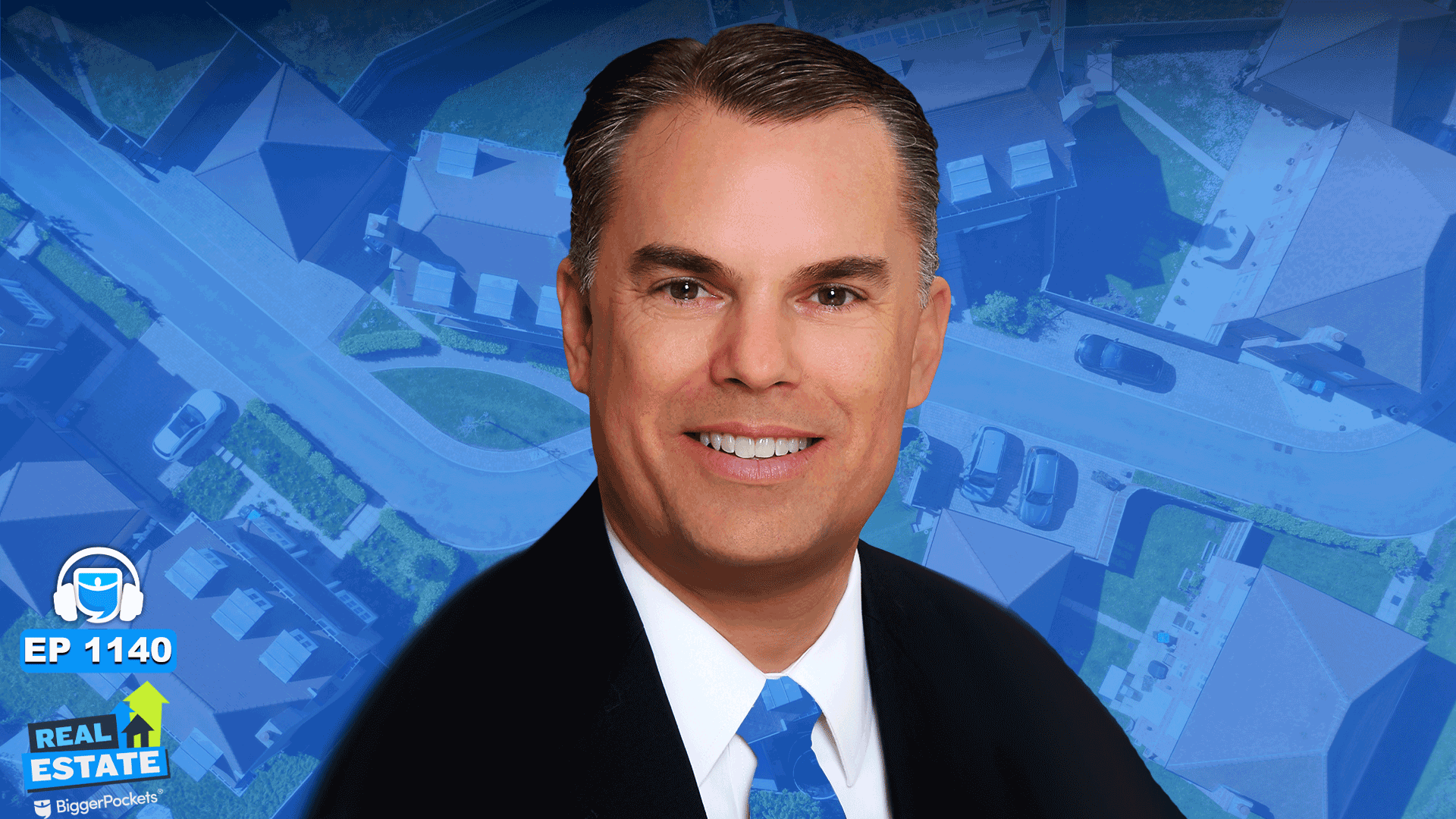
 English (US) ·
English (US) ·